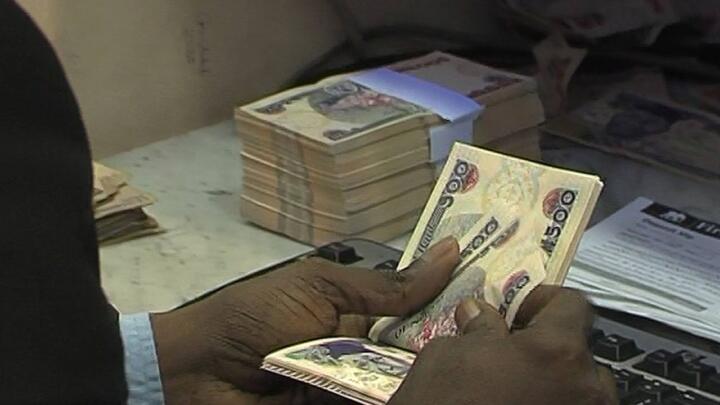The Auditor-General (AG) has revealed a staggering N4.6 billion in unapproved expenditures within a ministry formerly overseen by Governor David Umahi. This revelation, stemming from a detailed audit, has raised serious concerns about financial mismanagement and accountability in public office.
According to the audit report, the funds were spent without proper authorization, bypassing established procedures for approval and documentation. The irregularities occurred during Umahi’s tenure as the minister overseeing the ministry in question. While specific details of the expenditures remain under review, the AG highlighted several instances where the funds were diverted or spent on projects lacking requisite approvals.
The findings have triggered calls for a thorough investigation to determine the extent of the alleged misconduct and whether the spending violated federal financial regulations. Civil society groups and opposition parties have expressed outrage, demanding transparency and accountability.

“This is a clear breach of financial protocols,” a spokesperson for one advocacy group said. “Public funds must be managed with the utmost integrity, and any deviation from this standard undermines public trust.”
The uncovered spending has fueled debates about systemic weaknesses in Nigeria’s financial management practices, with critics pointing to inadequate oversight mechanisms that allow such discrepancies to occur. Analysts suggest that tighter controls and more robust auditing processes are necessary to prevent future lapses.
Governor Umahi, who now serves in a different capacity, has yet to issue a detailed response to the allegations. His office released a brief statement urging the public to avoid premature judgments, emphasizing that all spending was conducted in line with government priorities at the time. “The governor has always acted in the best interest of the public,” the statement read.
The AG’s report also highlighted broader concerns about financial governance across several ministries. In addition to the N4.6 billion flagged in Umahi’s ministry, other departments were noted for failing to comply with established financial reporting standards. These findings underline the need for systemic reforms to enhance accountability across the public sector.
As the investigation progresses, there are growing demands for those implicated to be held accountable. Legal experts have suggested that if found guilty of financial misconduct, individuals involved could face significant penalties, including dismissal from public office or criminal prosecution.
The revelation comes at a time when Nigeria is grappling with economic challenges and rising public debt. Many Nigerians have expressed frustration over the misuse of public funds, particularly in sectors critical to national development. The diverted N4.6 billion could have been allocated to pressing needs such as healthcare, education, or infrastructure, sparking outrage over perceived negligence.
Transparency advocates have called on anti-corruption agencies, including the Economic and Financial Crimes Commission (EFCC), to take swift action in probing the case. “This is a litmus test for the government’s commitment to fighting corruption,” one activist noted.
Meanwhile, public reaction on social media has been swift and vocal. Citizens have criticized the alleged financial misconduct, urging the government to ensure that such practices are not repeated. Many see the scandal as emblematic of deeper issues within the nation’s governance structures.
The AG’s findings are expected to be a focal point in the coming weeks, with lawmakers and advocacy groups pushing for answers and accountability. The investigation’s outcome will likely have significant implications for public trust in government institutions and the future of financial governance in Nigeria.
As the nation waits for more clarity, the spotlight remains firmly on Umahi’s ministry and the N4.6 billion in unapproved spending, with calls for justice growing louder by the day.
Support InfoStride News' Credible Journalism: Only credible journalism can guarantee a fair, accountable and transparent society, including democracy and government. It involves a lot of efforts and money. We need your support. Click here to Donate
